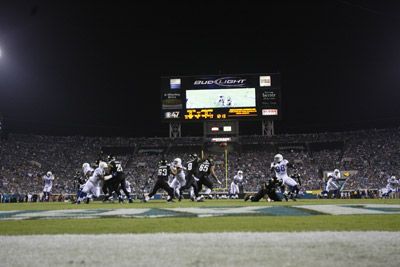When a city needs to construct a new school, improve a park or build a stretch of highway, they usually borrow money, but not from a bank. The money used to fund these projects comes from investors like you.
Investors who purchase municipal bonds issued by a state, city or county essentially loan money for a specific project -- and sometimes for day-to-day operations -- with the understanding that their capital will be protected and returned when the bond matures. As they wait for this to happen, these investors will be able to receive tax-free income from interest or reinvest their earnings. Every investment comes with some risk, but long-term municipal bonds are one of the safest investments you can make [sources: Investopedia, Securities and Exchange Commission].
Advertisement
Before you run down to city hall with cash in hand, it helps to understand the process. Your investment doesn't need to be tied to your locale. Instead, you work with a broker, who can help you identify and purchase long-term municipal bonds. You could, for example, help fund a bridge-building project several states from where you live. In fact, the people who propose the bond project will probably never know your involvement because your investment will be one of thousands rolled into a bond fund.
You'll also want to know the difference between the two most common types of municipal bonds:
General obligation bonds: When a municipality issues a general obligation bond, it intends to repay the debt through a variety of sources, from taxes to revenue-generating projects. Although the municipality doesn't need to put up any assets as collateral, these bonds generally carry a low risk of default because they are backed by the "full faith and credit" of the municipality. This means the municipality promises to pay back the bond and, according to the strength of the municipality's credit rating, probably will -- especially since they can raise taxes to do so [source: Investopedia].
Revenue bonds: When a municipality issues a revenue bond it is usually to finance an income-producing project, such as a local sports stadium or toll road. The debt is repaid with revenue from the project funded by the bond, a maturation process that can take 20 to 30 years. The income from the project itself is used as collateral, after expenses have been paid. Revenue bonds carry a higher risk of default because they rely on the success of the project they fund [source: Investopedia]. Operational expenses are paid first from the revenue generated, and then bondholders get paid.
Advertisement

